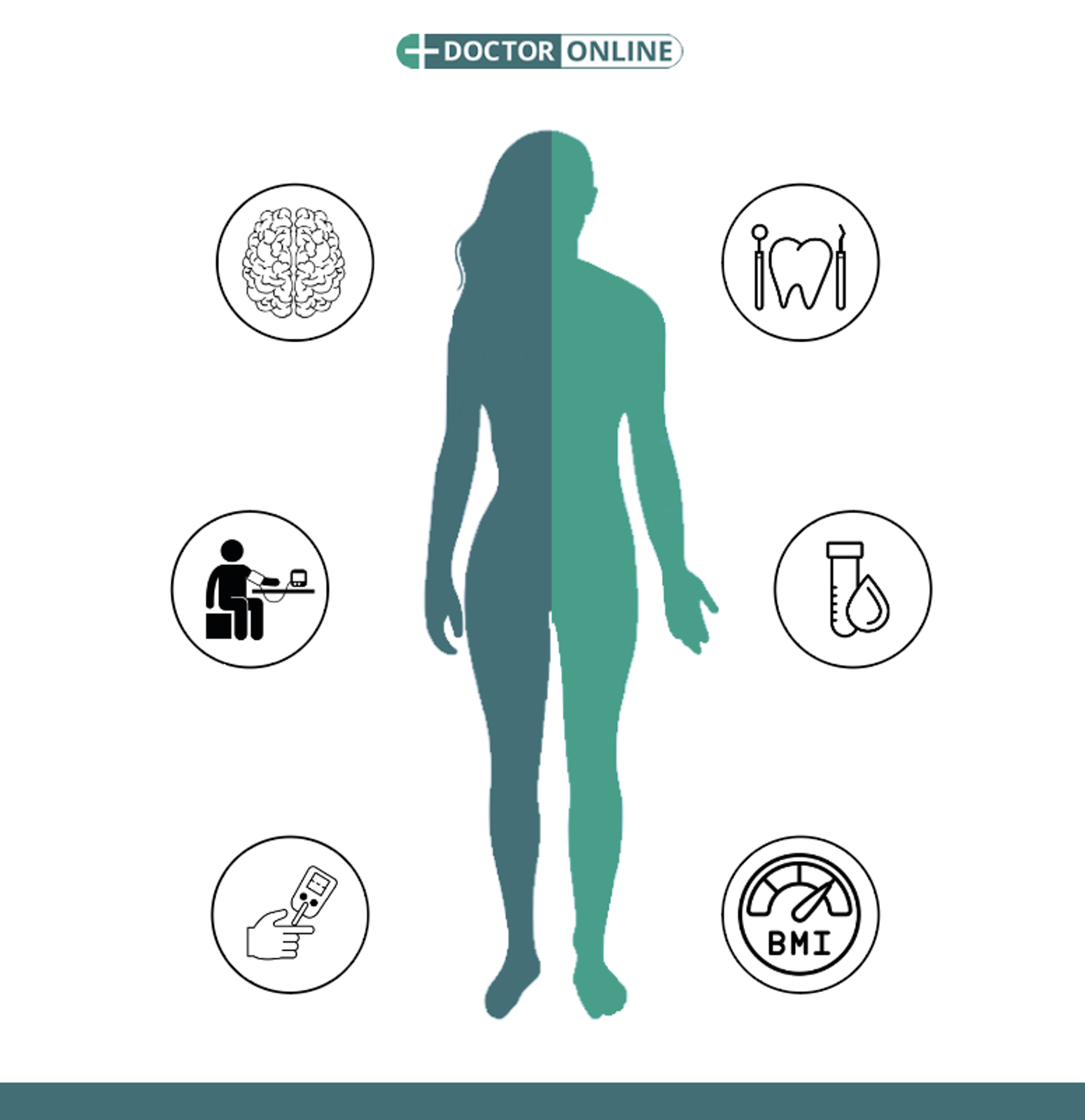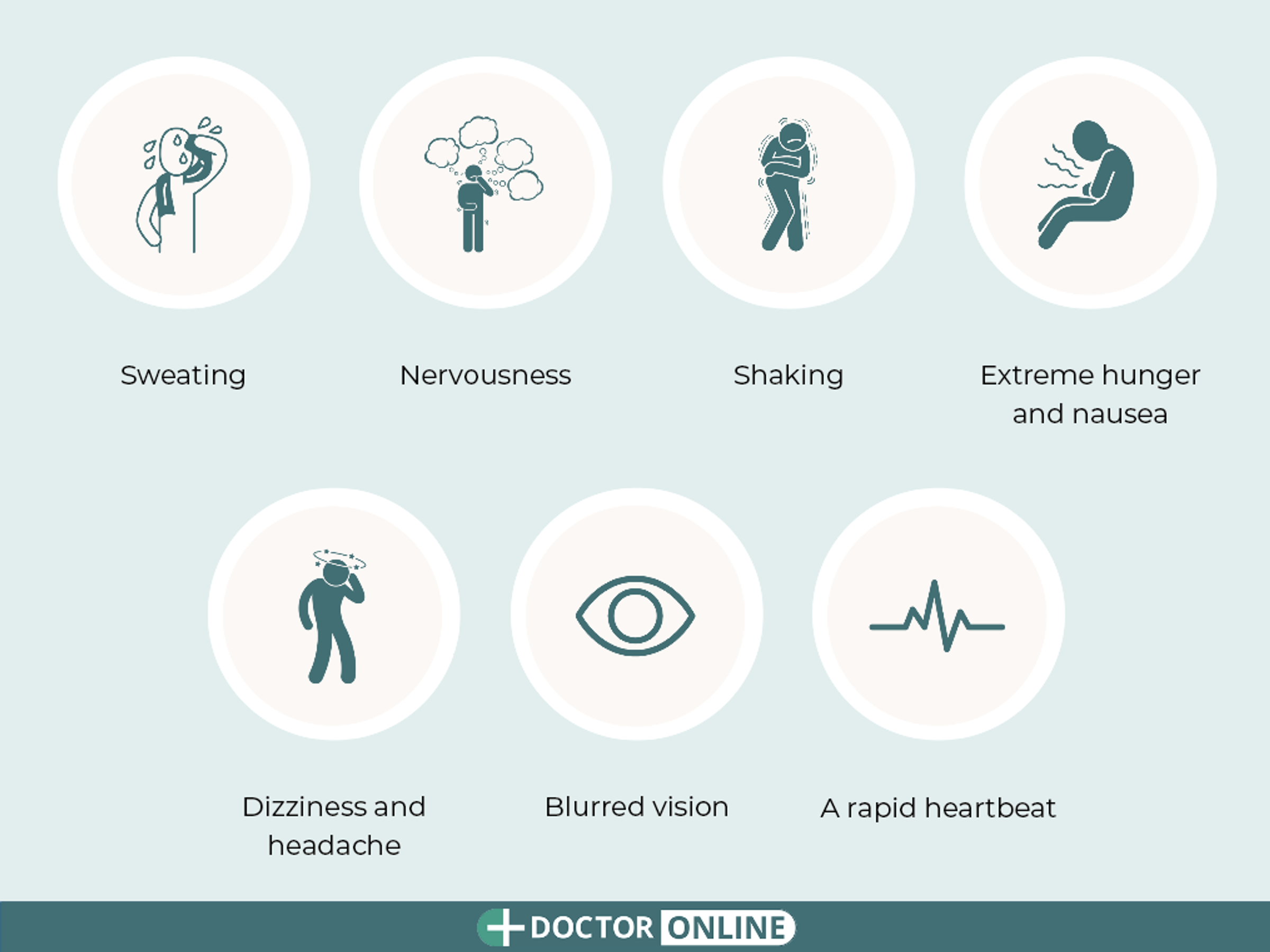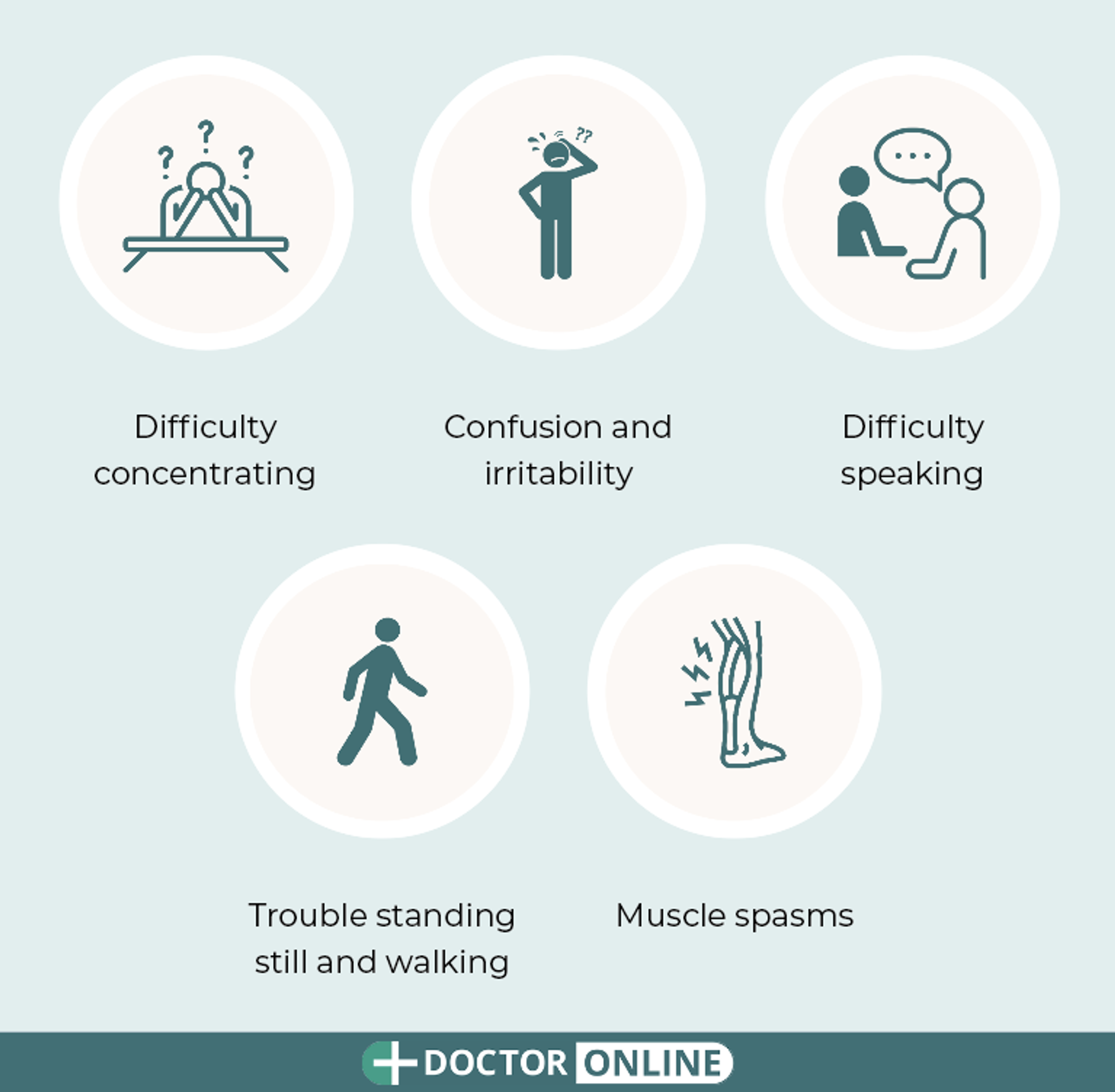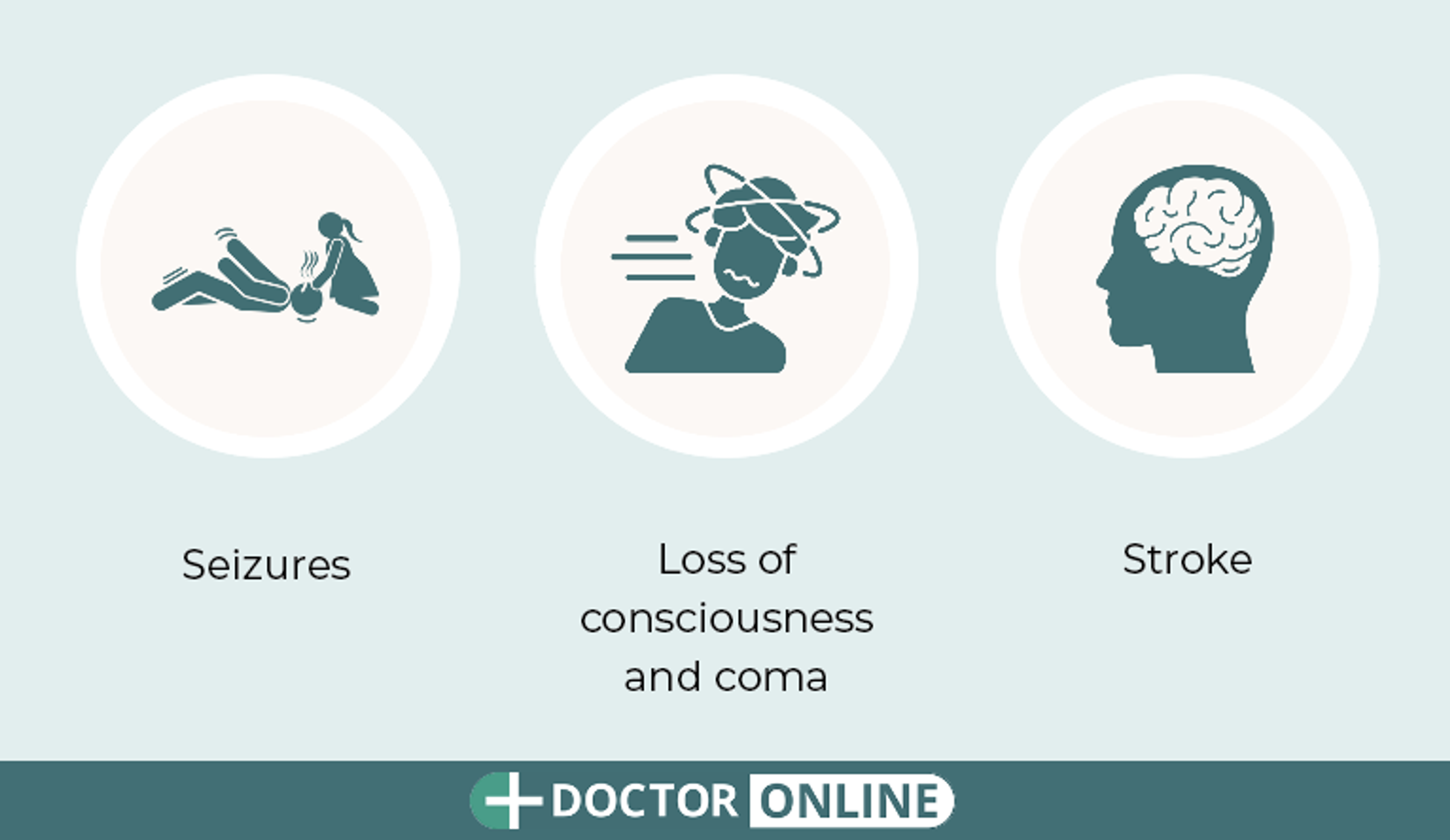
- Health Measurements
Essential Health Measurements for Everyone
Written by: Editors
Modified on:
Regular health screenings are essential for maintaining well-being and catching potential issues early. From blood pressure and cholesterol checks to mental health assessments, these tests can reveal hidden health risks before they become severe. Prioritising routine screenings helps you take control of your health and make proactive, informed decisions about your care.

Blood Pressure Monitoring
Regularly checking your blood pressure is key to detecting hypertension (high blood pressure), a risk factor for several health issues, including heart disease and stroke.
Taking your blood pressure each year should be as routine as visiting the dentist. It’s a small effort that can prevent significant health problems.
Nearly 1 in 3 people have high blood pressure without knowing it. For those over 65, this figure rises to half of the population. High blood pressure is one of the leading causes of cardiovascular diseases, such as kidney failure, stroke, or heart attack. Each year, nearly 160,000 people in the UK die from these conditions. Regular blood pressure checks can help prevent serious issues.
- Recommended Frequency: It is advised to check your blood pressure annually. However, those with risk factors for hypertension, such as a family history of high blood pressure, being overweight, or living a sedentary lifestyle, may benefit from more frequent monitoring.
Blood Glucose Testing
If you’re at risk of diabetes or already diagnosed, regular monitoring of your blood sugar levels is essential. This can be done through blood tests or at home with a glucose meter.
- Recommended Frequency: People with risk factors for diabetes—such as being overweight, having high blood pressure, living an inactive lifestyle, or a family history of diabetes—should consider an annual blood glucose test. Those with diabetes may need more frequent testing, often as advised by their healthcare provider.
Symptoms of Hypoglycaemia
Hypoglycaemia has a range of symptoms that can escalate as your blood sugar drops. There are three stages—early, middle, and late—each with its own signs:

In the middle stage, as your blood sugar drops further, you may experience both physical and psychological symptoms:

If it falls dangerously low, the condition can become life-threatening:

Severe hypoglycaemia can be fatal if untreated.
Blood Tests
Blood tests are a crucial diagnostic tool, used to assess various aspects of health, including anaemia, infections, liver and kidney function, and hormone levels. They can also help identify risk factors for conditions like heart disease and diabetes. Your GP may recommend blood tests based on your age, medical history, and symptoms.
- Recommended Frequency: Blood tests are typically performed as recommended by your GP, depending on your individual health and risk factors.
Asthma Monitoring
For those with asthma, regular lung function monitoring is vital to keep the condition under control and reduce the risk of asthma attacks. This is often done using a peak flow meter, which measures how quickly you can blow air out of your lungs. Monitoring your peak flow regularly can help you recognise early signs of an asthma attack and take action to prevent it.
- Recommended Frequency: Asthma monitoring is generally done as advised by your doctor, with the frequency depending on the severity of your asthma and how stable your symptoms are.
Cholesterol Testing
Checking your cholesterol levels regularly is important to assess your risk of cardiovascular disease. This is typically done through a blood test.
- Recommended Frequency: It is generally advised to start checking cholesterol levels from the age of 20, with regular monitoring thereafter, depending on your healthcare provider’s recommendations. Those with risk factors—such as a family history of heart disease, smoking, high blood pressure, diabetes, or being overweight—may need more frequent tests.
What is Cholesterol?
Cholesterol is a fatty substance that exists in small particles in the body. While a small portion comes from food, most cholesterol is produced by the liver. This is usually just the right amount for what the body needs.
Symptoms of High Cholesterol
High cholesterol itself doesn't cause symptoms, but it can lead to blocked arteries, which increase the risk of heart attack or stroke. Make sure to get your cholesterol checked.
What is Hereditary High Cholesterol?
In some families, high cholesterol and heart disease occur more frequently, sometimes even at a young age. This could be due to a genetic condition that raises cholesterol levels. The most common form is Familial Hypercholesterolaemia (FH), affecting about 1 in 250 people.
Types of Cholesterol
When checking cholesterol, several components are measured: LDL cholesterol, HDL cholesterol, and triglycerides.
What is High Cholesterol?
- A cholesterol level is considered high if total cholesterol exceeds 5 or LDL cholesterol exceeds 3.
- You won’t feel any symptoms from high cholesterol, so it's important to have it checked.
- High cholesterol raises the risk of cardiovascular diseases.
BMI and Weight Monitoring
Regularly checking your BMI (Body Mass Index) and weight can help identify issues like obesity, which can be linked to various health concerns.
- Recommended Frequency: It is recommended to monitor your BMI and weight regularly, especially if you are at risk for overweight or obesity. This can help track changes in your body weight and composition and should be done according to your healthcare provider’s advice.
Keeping track of your weight is an easy way to see if you’re maintaining enough energy. During illness or treatment, it's important not to lose too much weight. Sometimes gaining weight might be necessary. Weigh yourself once or twice a week in the morning before breakfast, using the same scale and at the same time of day. Write down your weight to see if it changes. If you notice weight loss, inform your doctor or dietitian.
Dental Check-ups
Visiting the dentist regularly for check-ups and cleanings is crucial to prevent or treat dental problems early.
- Recommended Frequency: Twice a year. Your dentist can gather a lot of information about your overall health from your teeth and gums. For instance, inflamed gums could indicate heart disease or diabetes.
Gum Disease and High Blood Pressure
According to the World Health Organization (WHO), 1 in 5 adults suffer from high blood pressure, and globally, 743 million people are affected by gum disease (parodontitis). Lead author Eva Munoz Aguilera from the UCL Eastman Dental Institute in London says: "Both gum disease and high blood pressure affect millions worldwide and are linked to an increased risk of cardiovascular disease."
While previous studies suggested a link between gum disease and high blood pressure, little was known about the direction of this association. The goal of this study was to investigate whether patients with gum disease have a higher risk of high blood pressure compared to those without it. Establishing this causal relationship could lead to better diagnosis, prevention, and treatment of gum disease.
This systematic review examined data from 62 studies published before October 2017, focusing on gum disease as a potential risk factor for high blood pressure. The results showed that moderate to severe gum disease may be associated with a 30 to 50 percent higher risk of high blood pressure. Additionally, treating gum disease often resulted in lower blood pressure.
Munoz Aguilera emphasised that more research is needed to confirm these findings, and further studies could help clarify the reasons for this association.
Dental Self-Examination
You can monitor your dental health by regularly checking your gums and teeth, but it’s always essential to consult a dentist or dental hygienist for professional advice.
Mental Health Assessment
If you experience signs of depression, anxiety, or other mental health concerns, it’s important to seek help regularly. There are also online tests that can help you identify mental health issues and determine if a visit to your doctor is necessary.
Sources
https://www.thuisarts.nl/hoge-bloeddruk/ik-wil-zelf-thuis-mijn-bloeddruk-meten
https://www.umcutrecht.nl/nieuws/elk-jaar-zelf-thuis-je-bloeddruk-meten
https://www.thuisarts.nl/diabetes-type-2/ik-ga-mijn-bloedsuiker-zelf-meten-bij-diabetes-type-2
https://www.gezondheidsplein.nl/aandoeningen/hypoglykemie/item34044
https://www.hartstichting.nl/oorzaken/cholesterol/cholesterol-meten
https://www.tandartspraktijkottens.nl/tandvlees-problemen-parodontologie